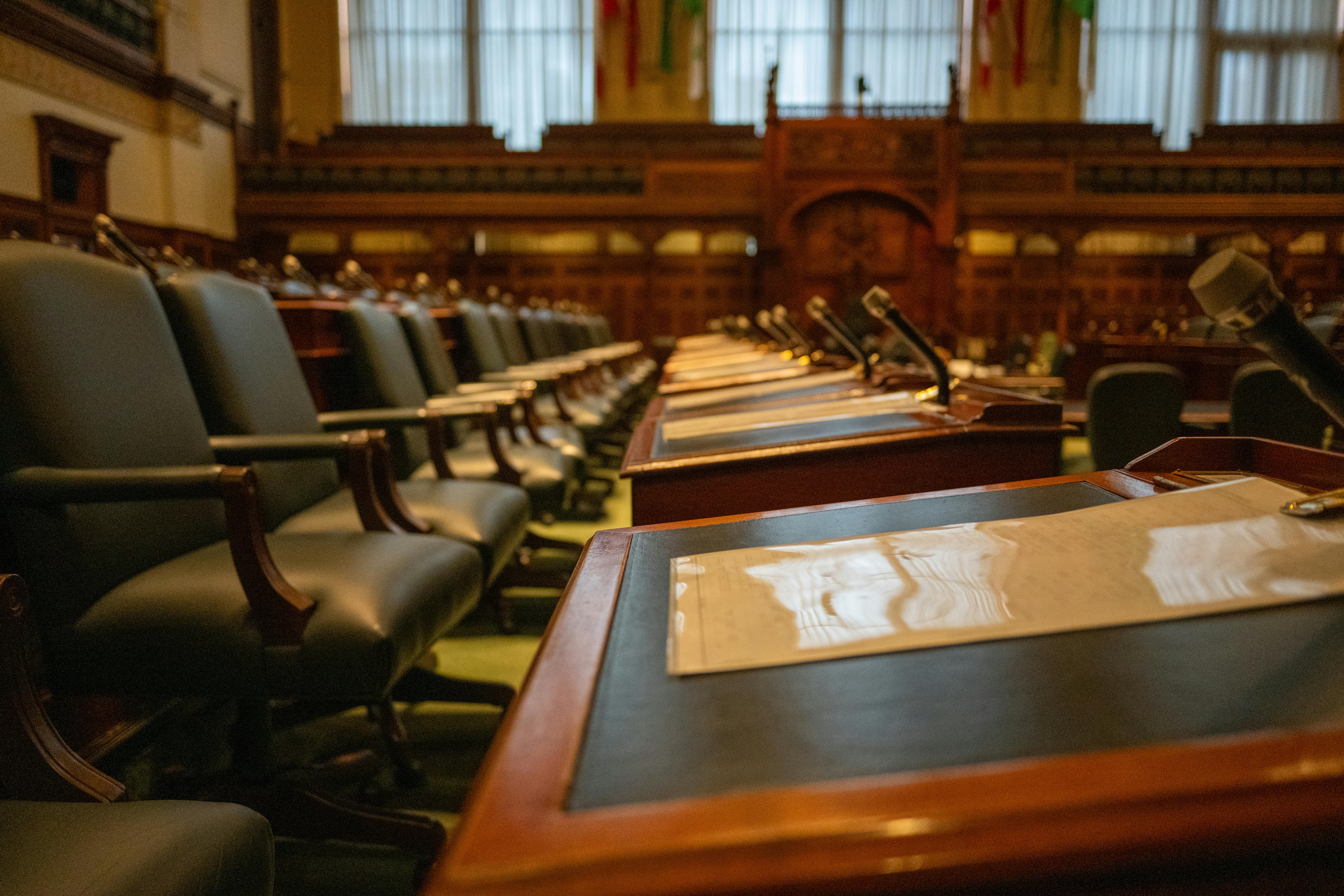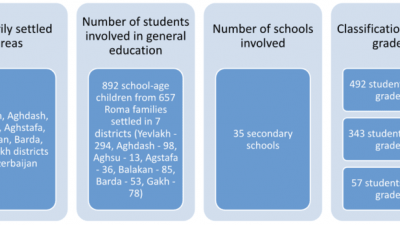Focus ROMI.HR
/The European Commission against Racism and Intolerance (ECRI), as part of its regular activities, has published a report on Azerbaijan, which focuses on several issues.
In 2023, The European Commission against Racism and Intolerance (ECRI) as part of regular activities published a report on Azerbaijan.These country reports focus on four main areas: Effective equality and access to rights, hate speech and motivates violence, integration and Inclusion, topics specific to Azerbaijan.
Relates to integration and inclusion, ECRI focuses on two specific groups and their integration and inclusion into Azerbaijani society: migrants/refugees and Roma.
The authorities of Azerbaijan estimate that the Roma population (called 'Qaraçı' in Azerbaijani) numbers about 6,000 people. They primarily reside in districts Yevlakh (3,140 people) and Agdash (2,800 people), with smaller groups in Agsu (48 families) and Barda (53 families).
ECRI notes the absence of reliable data on Roma inclusion despite evident daily life difficulties. Many officials attribute the socio-economic marginalization of Roma to poverty and their "certain way of living." ECRI believes ignoring the discrimination aspect risks reinforcing negative stereotypes and hinders effective policy development.
Although there is no disaggregated equality data, many sources told ECRI that Roma face high unemployment and low educational attainment, particularly in grades 10 and 11. According to the information provided by authorities, three students from Agdash, two from Barda, and one from Qakh have been admitted to colleges and technical schools in the past three years. Additionally, a student from Barda has been accepted into higher education. This shows progress compared to previous years. But, it is known that significant issues persist in this domain, despite ongoing efforts to address them.
During the Covid-19 pandemic, some Roma settlements in Yevlakh were put under compulsory quarantine, allegedly for public health and safety. Which made the llife of Roma very difficult. Roma also struggle to obtain identity documents, affecting their access to rights, and Roma women face significant barriers to healthcare access. ECRI notes that Roma women often experience intersectional discrimination due to their gender and ethnicity, making their empowerment crucial.
On positive note, the ECRI highlights research conducted by the State Committee for Family, Women, and Children Affairs, in cooperation with UNICEF. This research focused on Roma children living in two western regions of Azerbaijan, Gazakh and Aghstafa. The findings led to a project aimed at preventing child begging, labor exploitation, and improving their access to education, health, and social services.
Due to the lack of information on Roma living conditions, ECRI advises that authorities work with the Roma community to assess their needs, identify policy gaps, and implement specific measures considering different aspects of their lives. Recruiting Roma mediators to facilitate dialogue between the community and local authorities could aid social integration.
ECRI recommends that authorities develop a Roma-specific strategy to address their inclusion in all life areas, eliminate discrimination and prejudice, and establish goals, targets, success indicators, and a monitoring and evaluation system, all in close cooperation with the Roma community.
Comments of the Government of Azerbaijan on the sixth monitoring report of the European Commission against Racism and Intolerance on Azerbaijan also reported about Roma education. This comment is about Roma Education. According to Article 5 of the Law on Education, the State ensures equal access to education for all citizens, including Roma individuals.
Below is the latest information on the educational attainment of the Roma community:

As of June 2022, 31 (3.5%) school-age Roma children (24 in Aghstafa, 2 in Balakan, and 5 in Agsu) are not attending school due to the nomadic lifestyle of their families. Additionally, 88 (9.9%) Roma students (12 in Aghstafa, 18 in Aghdash, 3 in Barda, 6 in Agsu, 3 in Gakh, 35 in Yevlakh, and 11 in Balakan) do not attend classes regularly.
In this report one of focused areas is “Effective equality and access to rights“ that includes equality bodies, inclusive education, irregularly present migrants, LGBTI equality problems while “Hate speech and motivates violence” includes hate speech and hate motivated violence topics. In the IV part, „topics specific to Azerbaijan“ separates two groups: Action taken to implement previous interim follow-up recommendations and Preventing and combating any racist or LGBTIphobic abuse by law enforcement officials.
In conclusion, the ECRI report on Azerbaijan highlights the ongoing challenges faced by the Roma community, including issues in education, employment, and access to services. While some progress has been made, significant gaps remain.
Photo Gallery:
 Back to Focus
Back to Focus














